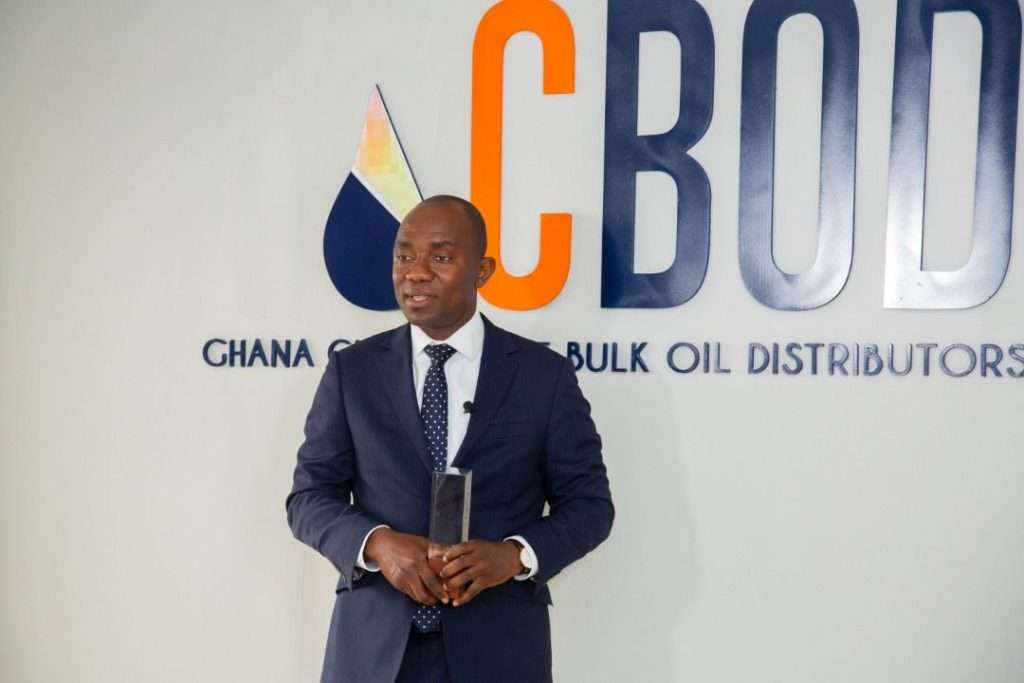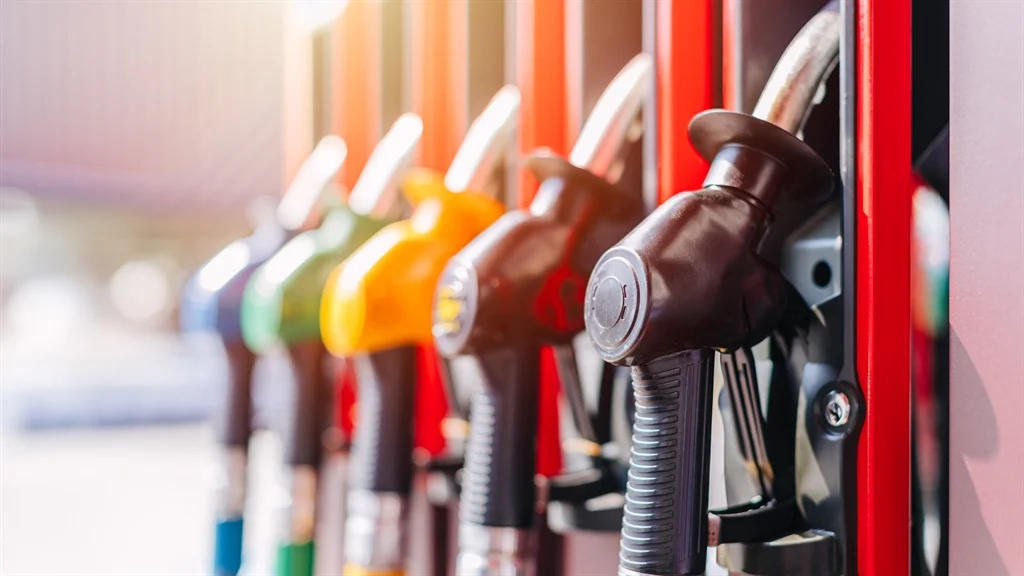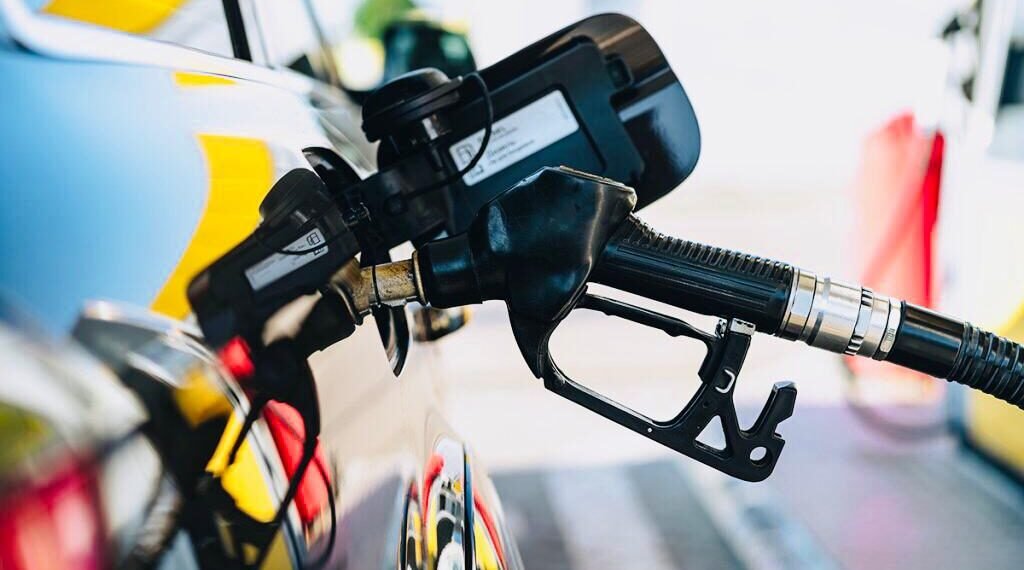The Chief Executive of the Chamber of Bulk Oil Distributors (CBOD), Dr. Patrick Ofori, has called on Ghanaians to acknowledge the critical role played by the Bank of Ghana (BoG) in cushioning the impact of rising fuel prices.
Speaking on the latest rise in fuel prices, he cautioned against overlooking the central bank’s interventions, stressing that without them, consumers would be facing even steeper costs at the pump.
“I think you cannot actually be too insensitive or ungrateful to Bank of Ghana.
“The regulator has consistently supported the sector with foreign exchange allocations to stabilise fuel prices.”
Dr. Patrick Ofori, CEO of the Chamber of Bulk Oil Distributors (CBOD)
Providing insight into the level of support received, Dr. Ofori revealed that the figures demonstrate the Bank of Ghana’s commitment.

“From July, we had almost $300 million in support from the central bank. It reduced a bit in August to about $190 million, which was from the central bank alone.
“And in September, the central bank really did well, exceeded $300 million to almost $310 million through our bank that we bid for.”
Dr. Patrick Ofori, CEO of the Chamber of Bulk Oil Distributors (CBOD)
These interventions, according to him, are far from incidental. They are part of a deliberate strategy to manage the broader economic challenges posed by global oil price volatility.
He explained that the allocations are designed to stabilise domestic fuel prices, with a direct link to Ghana’s fight against inflation.
Stabilising Prices to Meet Inflation Targets

Dr. Ofori noted that the BoG’s efforts are aligned with national macroeconomic targets, particularly inflation management.
“On their path, they are trying as much as possible to ensure that they can use fuel prices to control inflation, as the IMF and the other team have projected that they want the year to end with inflation at around 8%.”
Dr. Patrick Ofori, CEO of the Chamber of Bulk Oil Distributors (CBOD)
With fuel prices being a significant driver of inflation, the CBOD boss argued that the central bank’s forex support is not just a lifeline for oil importers but a cornerstone of Ghana’s broader economic stabilisation effort.
“If that is to be achieved, then we still as an industry need to enhance our collaboration with the central bank to ensure that we have access to the dollars that come from the central bank, which is relatively considerate and it enables us to pass on.”
Dr. Patrick Ofori, CEO of the Chamber of Bulk Oil Distributors (CBOD)
Dr. Ofori also commended the National Petroleum Authority (NPA) for working hand-in-hand with the BoG to contain price shocks.

He singled out the efforts of Abass Tasunti of the NPA, noting that the regulator has been fully engaged in ensuring stability within the petroleum pricing framework.
He explained that the support provided by the central bank and NPA is reflected in the operations of Bulk Oil Distribution Companies (BDCs) and Oil Marketing Companies (OMCs), whose competitive pricing ensures that the benefits of forex allocations are passed down to consumers.
“So, you could clearly see from the projection as to those who have benefited.
“And when you go into the ERDMS, you can clearly know how they’ve also passed on the pricing to the OMC. The competition that we currently have.”
Dr. Patrick Ofori, CEO of the Chamber of Bulk Oil Distributors (CBOD)
According to the CBOD chief, the forex allocations have been fairly distributed across both private and state entities operating within the downstream petroleum sector. He stressed that this fairness prevents market distortions and maintains competition among players.
Price Pain, But Contained

While acknowledging that fuel price hikes remain a heavy burden on households and businesses, Dr. Ofori insisted that the situation could have been far worse without the central bank’s interventions.
His comments come at a time when global crude oil prices remain volatile, and the Ghanaian cedi continues to experience depreciation pressures.
Without consistent forex support from the BoG, petroleum importers would be forced to rely heavily on the open market, pushing pump prices even higher.
Looking ahead, Dr. Ofori called for sustained collaboration between the downstream industry and the central bank to ensure stability in the face of global uncertainties.
For Ghanaians feeling the pinch at the pumps, his message was clear: while the pain of rising prices cannot be denied, the efforts of regulators have played a decisive role in ensuring that the situation does not spiral beyond control.
READ ALSO: Market Cheers as Ghana’s Treasury Auction Breaks Four-Week Drought with 15.8% Oversubscription






















